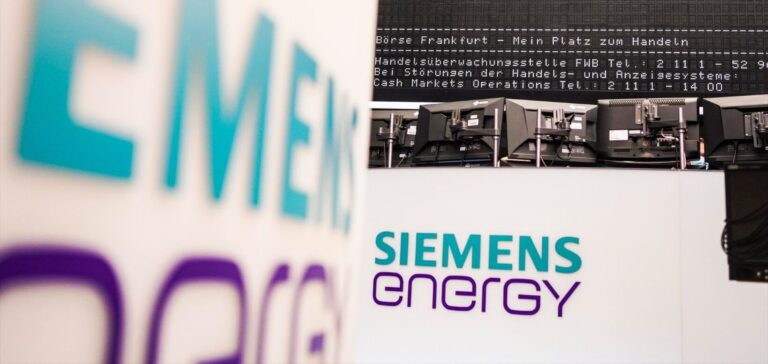Spanish group RIC Energy and German company Siemens have signed a Memorandum of Understanding aimed at jointly developing several projects related to renewable hydrogen, green ammonia and synthetic fuels in Spain. The agreement covers both technical and financial aspects, including the possibility of designing joint solutions and exploring structured financing schemes.
One of the main initiatives concerned is the Compostilla Green project, located in Cubillos del Sil in the province of León. This synthetic aviation fuel (e-SAF) project, promoted by RIC Energy, was recently recognised as the top-rated initiative under the Hydrogen Valleys programme led by the Instituto para la Diversificación y Ahorro de la Energía (IDAE).
Industrial rollout and role of Siemens subsidiaries
The agreement involves several Siemens Group entities, including Siemens S.A., Siemens Industry Software, Siemens Financial Services and Siemens Innovation Strategies. Together, they will address aspects related to operational efficiency, industrial safety, process decarbonisation and advanced digitalisation of infrastructures.
In addition to the Compostilla site, the cooperation also includes the Besaya project in Torrelavega, in the region of Cantabria. This project also aims to produce large-scale sustainable fuels for industrial applications. The two companies will consider setting up vertically integrated consortiums to facilitate project execution.
Financial goals and joint strategies
Beyond the implementation of industrial projects, RIC Energy and Siemens intend to coordinate a joint communication strategy to highlight the economic impact of these developments on the affected regions. The partners aim to accelerate local industrial recovery by relying on next-generation energy infrastructures.
According to José Luis Moya, Chief Executive Officer of RIC Energy, this collaboration “opens up new opportunities to accelerate the deployment of transformative projects in the field of hydrogen and its derivatives”. Fernando Silva, Chief Executive Officer of Siemens Spain, stated that the agreement “reflects Siemens’ commitment to decarbonisation” and supports industrial efforts positioning Spain as a leader in the production of sustainable fuels.
Both companies plan to coordinate the next steps of development with the goal of structuring integrated and scalable operational models at the industrial level.






















